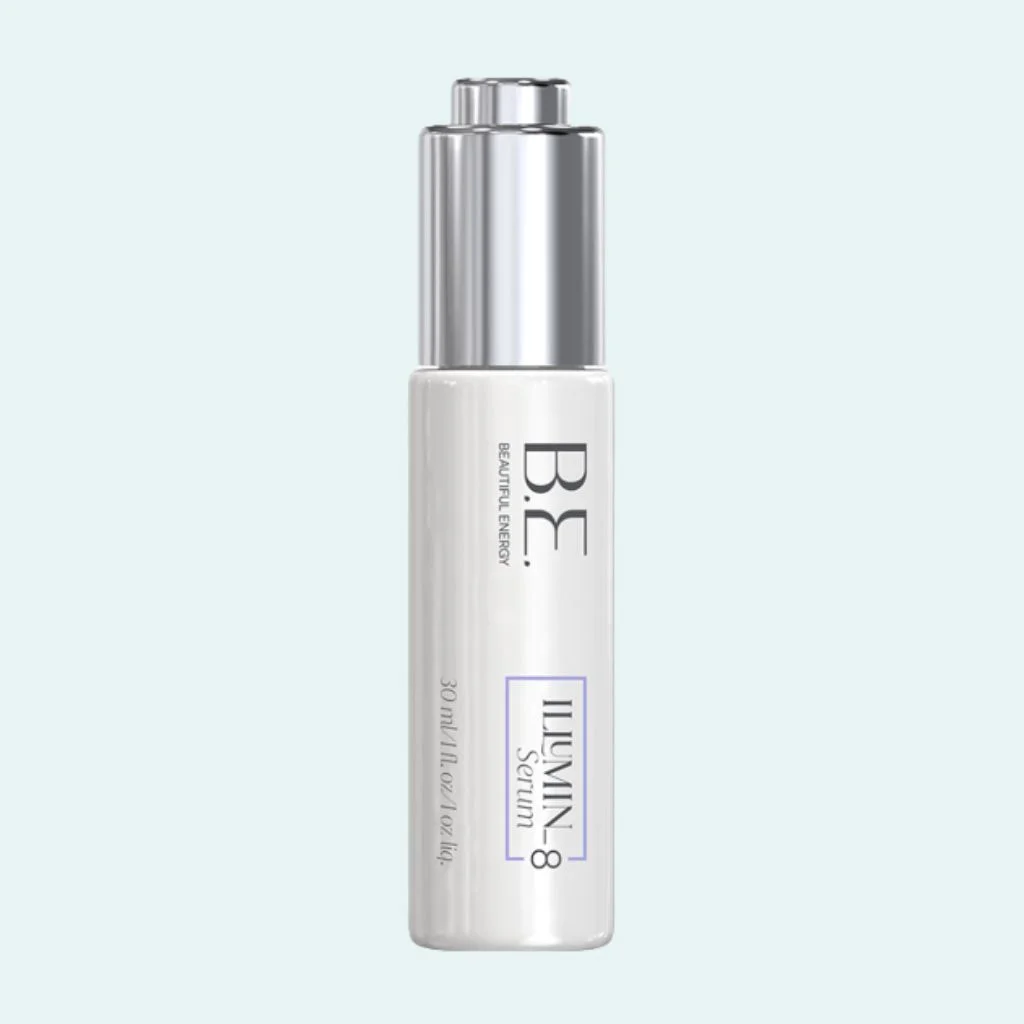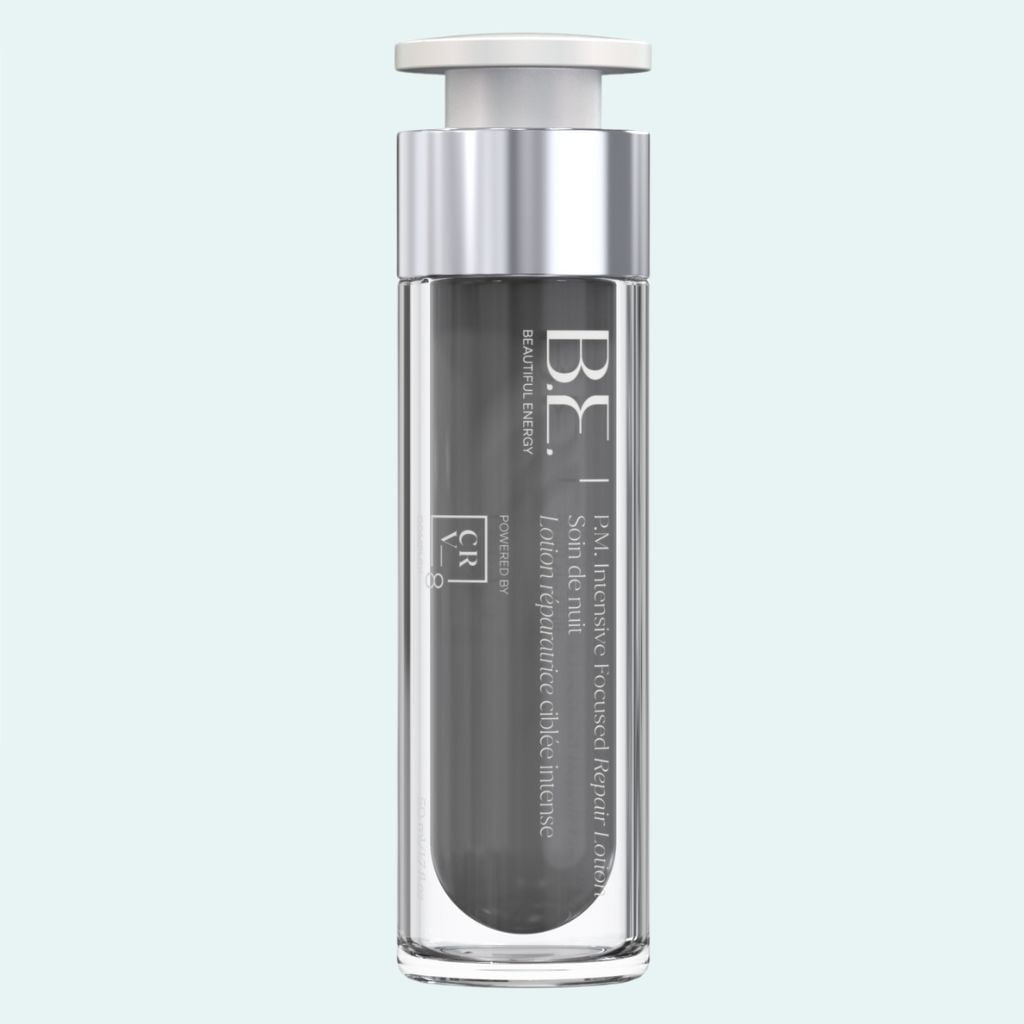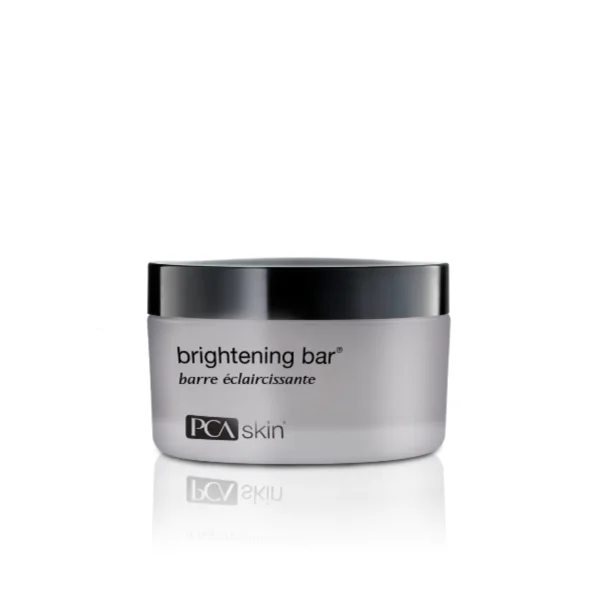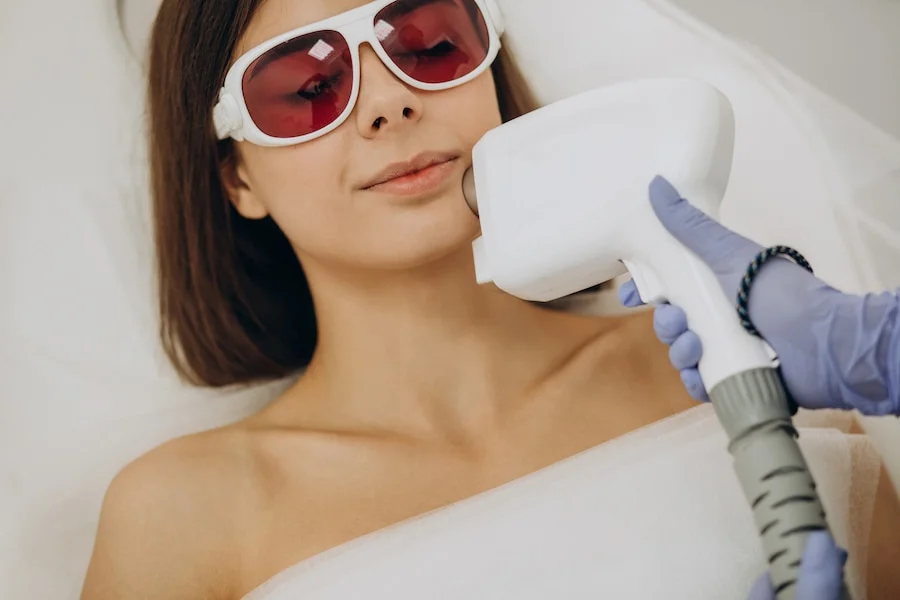Hyperpigmentation is a known side effect of laser hair removal. It occurs when the skin produces too much melanin, the pigment that gives skin its color.
After laser hair removal, hyperpigmentation can appear as dark spots or patches on the skin. It can be mild or severe, and it can take several weeks or months to fade.
In this blog post, we will discuss the causes of hyperpigmentation after laser hair removal, how to prevent it, and how to treat it.
We will also answer some common questions surrounding hyperpigmentation after laser hair removal.
Table of Contents
ToggleHow Laser hair removal cause hyperpigmentation
Laser hair removal is an effective method for long-term hair removal, but the intense heat from the laser can potentially harm your skin.
If the treatment is not done properly, particularly in inexperienced hands using incorrect equipment or settings, post-inflammatory hyperpigmentation (PIH), a rare side effect, may occur.
Laser-induced hyperpigmentation, known as post-inflammatory hyperpigmentation disorder, occurs when the skin surrounding hair follicles becomes irritated, forming red, acne-like bumps that darken over time.
To prevent discoloration and hyperpigmentation, it’s crucial to take proper care of your skin and avoid sun exposure before and after each laser session.
Electrolysis vs. Laser Hair Removal: A Comprehensive Comparison for Permanent Hair Removal Treatment
How to prevent Post-inflammatory hyperpigmentation (PIH) after laser hair removal
There are a few things you can do to help prevent hyperpigmentation after laser hair removal:
Choose the right provider – Make sure to choose a laser hair removal provider who has experience treating your skin type.
Follow your provider’s pre- and post-treatment instructions. Your provider will give you specific instructions on how to prepare for and care for your skin after laser hair removal. Be sure to follow these instructions carefully.
Avoid sun exposure – Stay out of direct sunlight for at least 3 days prior to your appointment. If tanned or using tanning lotion, wait at least 2 weeks.
How to treat hyperpigmentation after laser hair removal
If you do develop hyperpigmentation after laser hair removal, there are a number of treatments available.
Topical treatments. Topical treatments can help to lighten hyperpigmentation. These treatments typically contain ingredients such as hydroquinone, kojic acid, vitamin C, or tranexamic acid like illumin_8.

Laser therapy. Laser therapy is a great option to help with those dark spots on your skin.
There are different types of laser treatments, like Q-switched laser (particularly effective for treating melasma, a type of hyperpigmentation that affects the face), fractional laser, IPL therapy, and picosecond laser, to address various kinds and levels of darkness.
The best one for you depends on the type and severity of your dark spots, as well as your skin type.
Brown spot treatment with cynosure’s elite iq laser is available right here in our cosmetic clinic near Ottawa. This treatment has a short downtime.
After the treatment, your skin might feel a bit red, swollen, or uncomfortable for a short time. It’s important to avoid the sun for a few weeks afterward.
To get the best results, more than one session of laser therapy may be required. We’ll work together to find the right approach for your skin and make sure you’re comfortable throughout the process.
Best products for treating Post-inflammatory hyperpigmentation after laser hair removal
Here are some of the best products to treat hyperpigmentation after laser hair removal:
Vitamin C. Vitamin C is a powerful antioxidant that can help to lighten hyperpigmentation. It is also essential for collagen production, which can help to improve the overall appearance of the skin.
Alpha hydroxy acids (AHAs). AHAs are exfoliating acids that can help to remove the top layer of skin and reveal the new, unpigmented skin underneath.
Niacinamide. Niacinamide is a form of vitamin B3 that can help to reduce the appearance of hyperpigmentation. It can also help to improve the skin’s barrier function, which can help to prevent future hyperpigmentation.
The best ingredient for you will vary based on your unique skin type and requirements. If your skin is sensitive, consider commencing with a lower concentration of vitamin C or AHAs.
At our clinic The B.E PM Intensive Focus Repair contains 10% vitamin C, while the B.E PM Focused Repair Lotion has 4% vitamin C.

Additionally, you might find it beneficial to use niacinamide alongside vitamin C or AHAs. As a mild acid, vitamin C offers a more noticeable exfoliating and brightening effect than niacinamide.
Niacinamide, however, is a gentler choice and particularly effective in hydrating the skin making it an excellent alternative for individuals with sensitive skin.
If considering a product with niacinamide, consider PCA Brightening Bar or Intensive Brightening Retinol 0.5%

If you don’t experience sensitivity, incorporating both into your skincare routine is a viable option for overall skin health.
Tips for fading hyperpigmentation after laser hair removal
- Be patient: It can take several weeks or months for hyperpigmentation to fade completely. Be patient and consistent with your treatment regimen.
- Use sunscreen daily: Sunscreen is essential for preventing hyperpigmentation from getting worse. Apply a broad-spectrum sunscreen with an SPF of 30 or higher every day, even on cloudy days.
- Avoid sun exposure: As much as possible, avoid sun exposure. When you are in the sun, wear protective clothing, such as a hat and sunglasses.
If you do develop hyperpigmentation after laser hair removal, be patient and consistent with your treatment regimen. It can take several weeks or months for hyperpigmentation to fade completely.
Other treatments for hyperpigmentation after laser hair removal
In addition to the topical treatments and laser treatments mentioned earlier, there are a few other treatments that can be used to treat hyperpigmentation after laser hair removal.
Potenza RF Microneedling. Potenza™ RF Micro-needling is a procedure that involves creating tiny punctures in the skin to stimulate skin cell renewal, resulting in the shedding of the top skin layer and a reduction in the appearance of hyperpigmentation, black spots, and age spots.
Dermabrasion/microdermabrasion. When dealing with hyperpigmentation, there are two effective treatment options: dermabrasion and microdermabrasion.
Dermabrasion, a more aggressive procedure, removes deeper layers of skin but may result in side effects.
On the other hand, microdermabrasion is a gentler method that exfoliates the outermost layers of the skin and is suitable for all skin types.
The decision between dermabrasion and microdermabrasion depends on the severity of hyperpigmentation and individual skin concerns. It is crucial to consult a skincare expert or your healthcare provider to determine the most appropriate treatment plan tailored to your specific needs and skin type.
Chemical peels. Chemical peels are a variety of treatments that use acidic solutions to remove the top layer of skin. There are different types of chemical peels, and the type of peel that is best for you will depend on the severity of your hyperpigmentation and your skin type.
More frequent superficial peels are preferred for darker skin types, whereas medium depth peels can be considered on lighter skin types.
Which PIH treatment is right for you?
The best treatment for hyperpigmentation after laser hair removal will depend on the severity of your hyperpigmentation, your skin type, and your budget.
If you have mild hyperpigmentation, you may be able to fade it with topical treatments such as vitamin C, AHAs, or niacinamide.
If you have more severe hyperpigmentation, you may need a more ‘aggressive’ treatment such as laser therapy, microneedling, dermabrasion, or a chemical peel.
We are here to help! Contact us ?
It is important to talk to a medical provider or skincare expert to discuss your treatment options and to choose the treatment that is right for you.
Feel free to call our medical aesthetics clinic near Ottawa today on 613-714-9899. We are happy to help!

Dr. Lian Peter, MD, MPH, CCFP, is a Family physician with a passion for aesthetics. In her aesthetic clinic, she provides a wide range of minimally invasive and non-invasive procedures, constantly honing her skills to deliver exceptional care and help patients attain their desired appearance.





